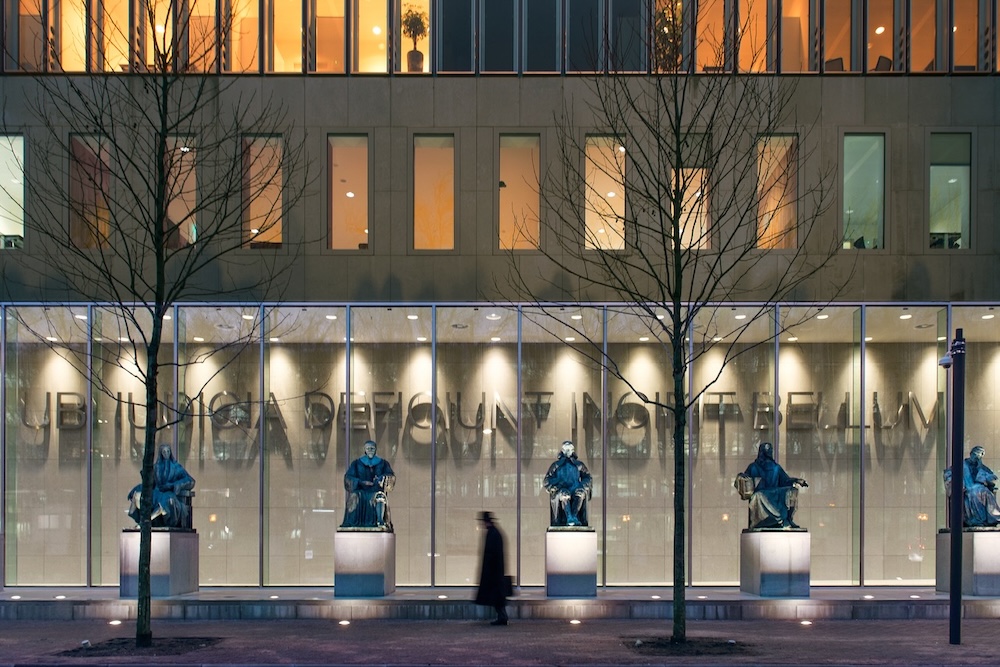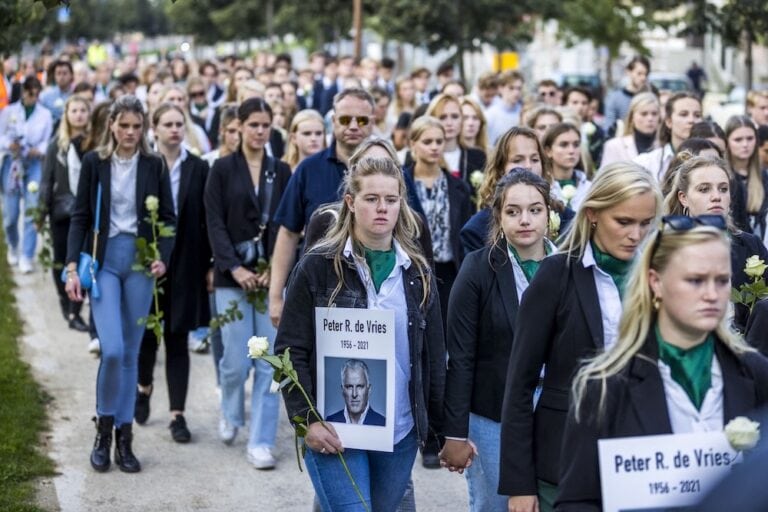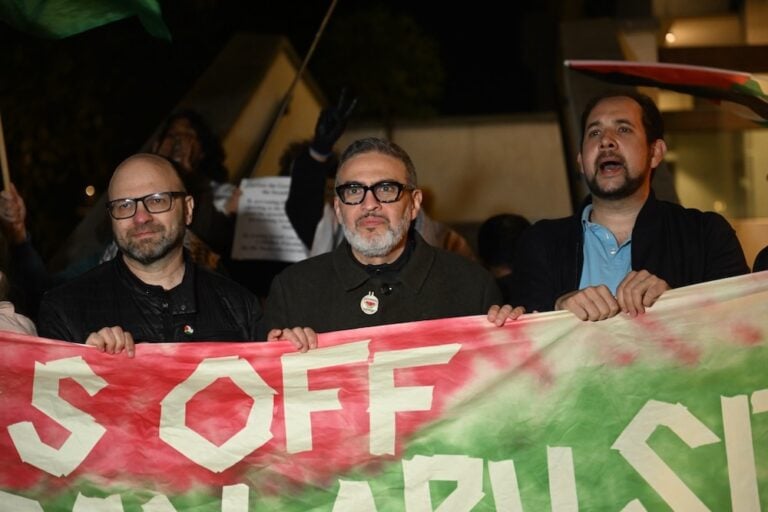Signatory organisations, IFEX among them, stress that the draft implementation act does not provide sufficient safeguards to protect journalists from SLAPP cases, and therefore call for stronger and more effective measures.
This statement was originally published on freepressunlimited.org on 12 November 2024.
Free Press Unlimited, together with 24 other organisations, has shared its concerns and recommendations for the transposition of the European anti-SLAPP directive in the Netherlands. Currently, the draft implementation act does not provide sufficient safeguards to protect journalists from SLAPP cases – Strategic Lawsuits Against Public Participation. The organisations therefore call for stronger and more effective measures.
An earlier study by Free Press Unlimited (FPU), published in April 2024, found that the increasing legal pressure on media and individual journalists in the Netherlands leads to self-censorship and psychological and financial pressure, especially on freelance journalists and smaller media outlets. The heaviest, and most worrying, form of legal pressure are so-called SLAPPs. These lawsuits are often started by wealthy and powerful actors against journalists, human rights defenders and civil society organisations, with the aim of intimidating, pressuring and silencing them.
FPU’s research concluded that the impact of legal pressure on Dutch media remains mostly invisible and is underestimated. Furthermore, current Dutch legislation provides insufficient protection against SLAPP cases. ‘To protect Dutch journalism from (self-)censorship, it is of great importance to have strong and solid legislation that protects SLAPP targets,’ says Emma Bergmans, author of the report and senior policy & advocacy advisor at FPU.
The European Commission’s Anti-SLAPP Directive contains specific safeguards to protect SLAPP targets. However, according to the undersigned organisations, the current draft implementation act creates a barrier for effective access to these safeguards. This means that if media with limited resources – such as a small research collective or a freelance journalist – are confronted with a SLAPP, they will almost certainly have to give in. As a result, information that is of public interest will be censored.
“As a result of SLAPPs, they are censored. By not effectively protecting SLAPP targets, we are jeopardising our right to access to reliable information.”
Emma Bergmans, senior policy & advocacy advisor at FPU.
In addition, the undersigned organisations are disappointed that the draft implementation act only covers cross-border SLAPP cases. Previous research by Free Press Unlimited shows that this does not reflect reality: SLAPPs in the Netherlands often do not have a cross-border element. This means that a significant number of journalists would miss out on the needed anti-SLAPP safeguards and protection.
Concern about press freedom
According to FPU, SLAPP cases have a direct effect on democracy. ‘Journalists serve as watchdogs of democracy, holding those in power accountable and providing citizens with independent information. As a result of SLAPPs, they are censored. By not effectively protecting SLAPP targets, we are jeopardising our right to access to reliable information,’ says Bergmans.
“The implementation act needs to put effective safeguards into place so that powerful actors bringing SLAPPs are deterred from doing so. Otherwise, the Dutch journalistic community remains unprotected,” Bergmans said.
Undersigned organisations call on the Dutch government to ensure that the minimum standards in the EU anti-SLAPP Directive are met and recommend the Netherlands to take a front-running role by promoting more ambitious and progressive anti-SLAPP protections.
Read the full statement with recommendations to the Dutch government: CASE STATEMENT TRANSPOSITION ANTI-SLAPP DIRECTIVE.PDF
The coalition concludes: “Adopting robust legislative and regulatory measures to protect against SLAPPs is not only important in terms of preventing these forms of intimidation from taking place in the Netherlands, but also to maintain the Netherlands’ long standing reputation as a champion of freedom of expression and human rights globally.”



